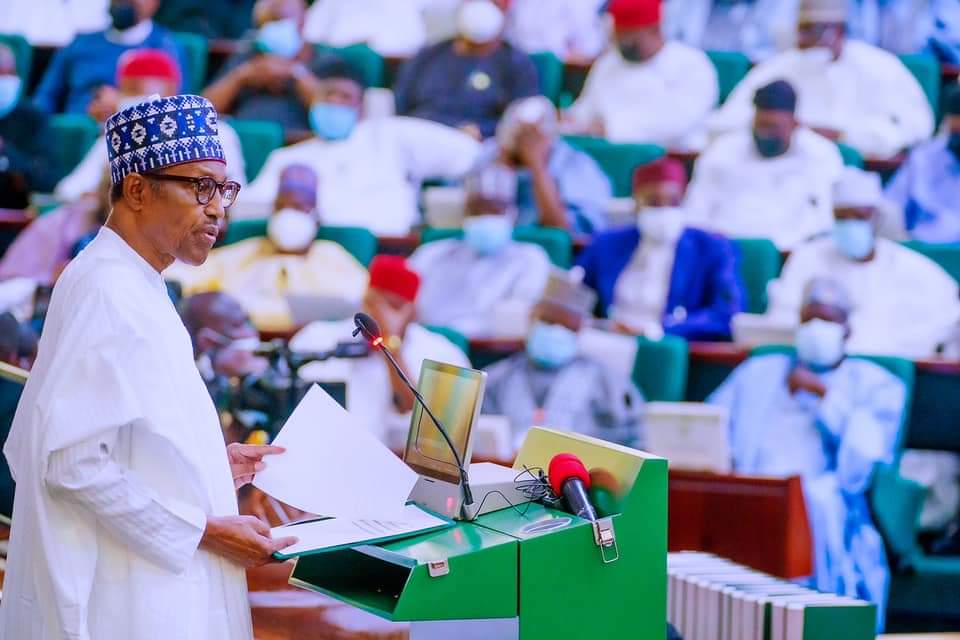At a Joint-Session of the National Assembly in Abuja this week, President Buhari delivered his 2022 Budget Speech, presenting what will be his administration’s last full year budget before the 2023 presidential election.
To boost economic recovery, the country will be increasing government spending by over 20% to reach $40bn next year, or NGN 16.39 trillion. This will in turn fuel the fiscal deficit, expected to reach 3.39% of GDP in 2022. In response, Nigeria is expected to borrow an additional NGN 5.01 trillion while raising funds from privatization proceeds (NGN 90.73 bn) and drawdowns on loans secured for specific development projects.
Expectations are that the 2022 budget will help Nigeria achieved a growth of 4.2% this against, again an IMF forecast of 2.3%.
A Bet on Infrastructure
To maintain the pace of infrastructure development, especially in critical projects such as roads, ports, airports and power, the budget provides for the strengthening of concessions and PPP frameworks.
Nigeria is also expected to explore green finance options as part of its Sovereign Green Bond Programme and to leverage debt-for-climate swap mechanisms. Nigeria was already the first nation to issue a sovereign certified climate bond back in 2017.
Expectations from Oil
The oil sector will be once again expected to significantly contribute to government revenues with oil production set at 1.88m barrels per day (including condensate) and the price benchmark at $57 per barrel.
However, the country has repeatedly missed its oil production target. By July of this year, actual oil revenues were 34% below target while the federal government’s share of oil revenue was 51% below target. It remains to be seen if Nigeria can turn things around and ramp production back up, especially given the lack of investment into its oil infrastructure and ongoing divestments from IOCs.
Nigeria produced an average of 1.567m barrels per day (including condensates) in Q3 2021 according to data released by the Department of Petroleum Resources. The country notably had to face a Force Majeure at Shell’s Forcados Terminal from mid-August to mid-September.
A Lingering Subsidy Problem
Overall, Nigeria’s budget will continue to be affected by a heavy subsidy burden. The collapse of oil prices in 2020 led to the removal of subsidy on petrol (PMS), before it was quickly reinstated this year once prices rose again and pushed the landing price above the regulated threshold of NGN 145/litre. Because of subsidies, Nigeria continues to have the cheapest petrol in West Africa, which in turns significantly erodes revenues that could otherwise allocated for social infrastructure projects. Low petrol prices are also creating serious barriers to promote the adoption and consumption of natural gas across the country.

